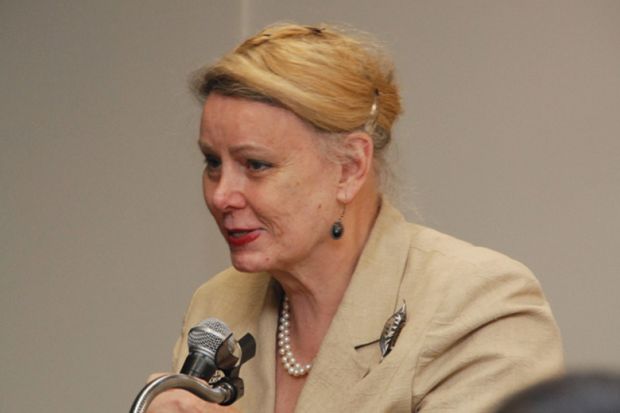What were the books that captivated you as a child?
Winnie-the-Pooh, of course, and The Wind in the Willows (which I found unreadably overwritten when I tried it on my own children) and The Jungle Book and the Book of Knowledge, a splendid children’s encyclopedia (a joint US-British venture) – all of which infected an American child with nostalgia for Britain c.1900. I carry on, to the point of following cricket and favouring a half of warm bitter with my mushy peas.
The Low Countries naturally figure in your focus on the rise of the bourgeoisie. Would you care to mention any favourite literary works originally written in Dutch?
Johan Huizinga (who died in 1945 in a Gestapo prison) wrote history, with an elegant style and an original mind, and is my hero for Dutch history. He was a “liberal” in the European sense, admiring the Dutch bourgeoisie on their best behaviour. So I am. So I do. The mix of good and bad is well exhibited in the Ferdinand Bordewijk novel Karakter (1938) and the brilliant 1997 film made of it.
Your website mentions not only the many books you have published, but also projected books. To whom is that last section addressed?
The last section of my vitae was directed, I imagined, at book editors. They never read it. Idle buggers. Yes, of the printing of books there is no end. It puzzles me that publication was faster in the 19th century. My website, like everyone’s, is something of the open-access publishing you imagine. Only historians and economists such as Niall Ferguson and Paul Krugman make any money from their books – an economic generalisation that applies also to, say, rock music in an age of mechanical reproduction. So: citoyens et citoyennes, let us march to the (self-)presses!
Which early career scholar’s book has impressed you lately?
Anton Howes of King’s College London will have a brilliant book on how ordinary people had a go during the Industrial Revolution (listen up, editors). The young political theorist at Brown University, John Tomasi, has my attention on the subject of “free market fairness” (I call it “sisterly” or “Christian” libertarianism). But spare a thought for the oldsters. I am on an A. N. Wilson kick, and am reading everything from this far-from “early career” novelist and scholar, such as Iris Murdoch as I Knew Her (2003). Nor does the medievalist Ian Mortimer qualify as early career, but he’s terrifically good, as in The Time Traveller’s Guide to Medieval England (2008).
What is the last book you gave as a gift, and to whom?
Oy. I hardly ever give books as gifts…because I want them so much myself! Scarves, boxes of chocolates, a tithe to my Anglican church, yes. Books, no. I have 8,000 or so books, and reckon that she who dies with 10,000 wins. Send more. Umberto Eco just died with 50,000 in his personal library, replying to naifs who would ask “Have you read all of these?” with “No, but it’s the next unread book that may matter the most.”
What books are you reading?
The old textbook by John K. Fairbank, Edwin O. Reischauer and Albert M. Craig, East Asia: Tradition and Transformation (1987), because one can’t do European history very well without the Chinese mirror; Ralph Waldo Emerson’s Political Writings, because I’ve not read enough of him; Isaiah Berlin, another of my heroes, in Freedom and Its Betrayal: Six Enemies of Human Liberty, which is one of the numerous collections edited post-(Berlin’s)mortem by Henry Hardy – what scholar would not want such a student!
Deirdre N. McCloskey is emerita distinguished professor of economics and of history, and professor of English and of communications, University of Illinois at Chicago, and author of Bourgeois Equality: How Ideas, Not Capital or Institutions, Enriched the World (University of Chicago Press).
POSTSCRIPT:
Print headline: Shelf Life
Register to continue
Why register?
- Registration is free and only takes a moment
- Once registered, you can read 3 articles a month
- Sign up for our newsletter
Subscribe
Or subscribe for unlimited access to:
- Unlimited access to news, views, insights & reviews
- Digital editions
- Digital access to THE’s university and college rankings analysis
Already registered or a current subscriber?



